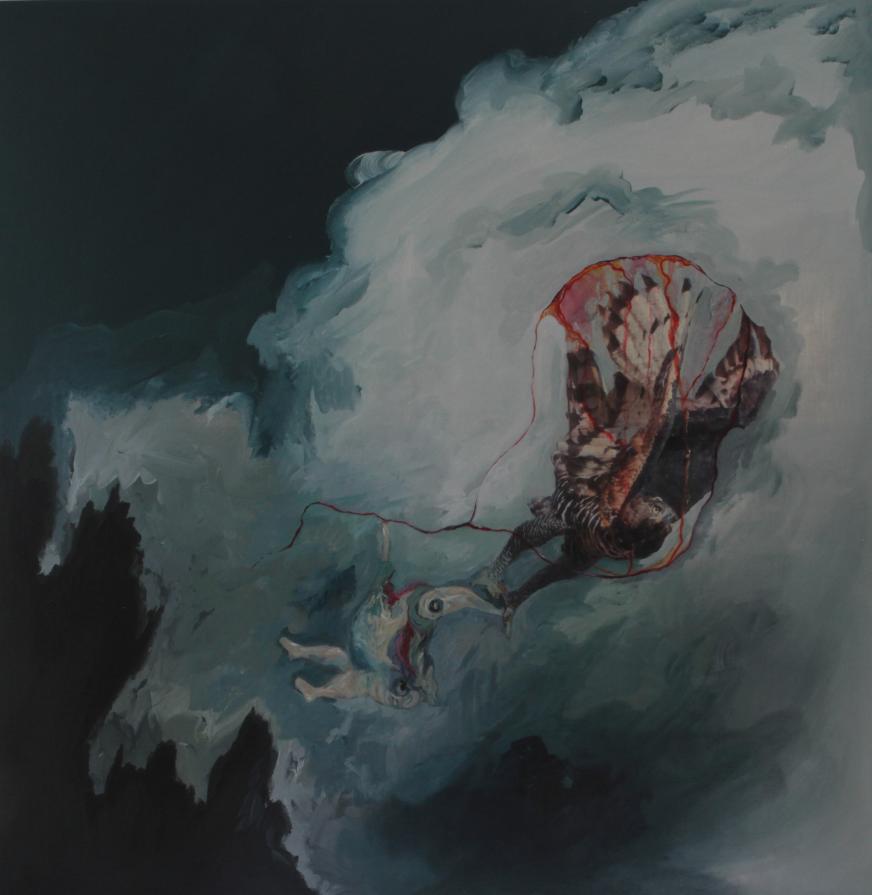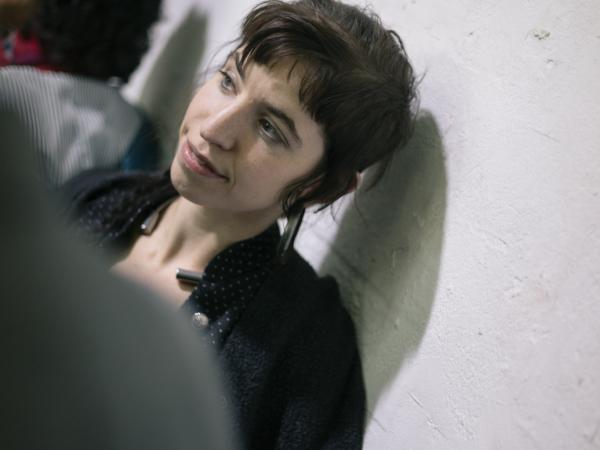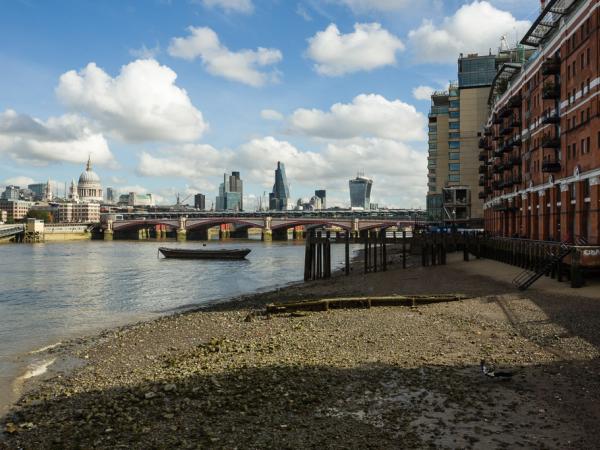
Denial of Death
Reflecting on specifically ‘Human Consciousness’, what it’s really like to be ‘conscious’ a thinking , feeling – emotional being, to be born, brought into this world and then dying’.
The work responds specifically to our emotional ‘denial’ as ‘conscious - thinking’ human beings thereof.
Our childlike denial of it, as translated in modern ways of denial, such as our pre-occupation with experience projection and profile positioning platforms as seen for example on social media.
The Germans call it ‘Hintergedanke’, an apprehension lying tacitly in the back of our minds, which we cannot easily admit, even to ourselves. The sensation of ‘I’ as a lonely and isolated center of being is so powerful and commonsensical, and so fundamental to our modes of speech and thought, to our laws and social institutions, that we cannot experience selfhood except as something superficial in the scheme of the universe.
Furthermore, our modern Globally, technologically connected world is seemingly plagued by terror, war and shocking disregard for our fellow human beings, which is
beamed into our consciousness on a daily basis, deepening our anxiety. In South Africa, Xenaphobia has been rampant this year, adding to the social- political anxiety, which is part of the reflection that is reflected philosophically.
Ernest Becker’s philosophy was the first that brought death and dying out of the closet.
He suggests that ‘The basic motivation for human behavior is our biological need to control our basic anxiety, to deny the terror of death. Human beings are naturally anxious because we are ultimately helpless and abandoned in a world where we are fated to die. “This is the terror: to have emerged from nothing, to have a name, consciousness of self, deep inner feelings, an excruciating inner yearning for life and self expression – and with all this yet to die”
He also suggests that ‘ Since the terror of death is so overwhelming we conspire to keep it unconscious. Every child borrows power from adults and creates a personality by interjecting the qualities of the godlike being. I.e. If I am like my all-powerful father I will not die’. He says ‘ Our heroic projects that are aimed at destroying evil have the paradoxical effect of bringing more evil into the world. The root of humanely evil is not mans animal nature, not territorial aggression or innate selfishness, but our need to gain self – esteem, deny our mortality, and achieve a heroic self image.






Commenti 0
Inserisci commento